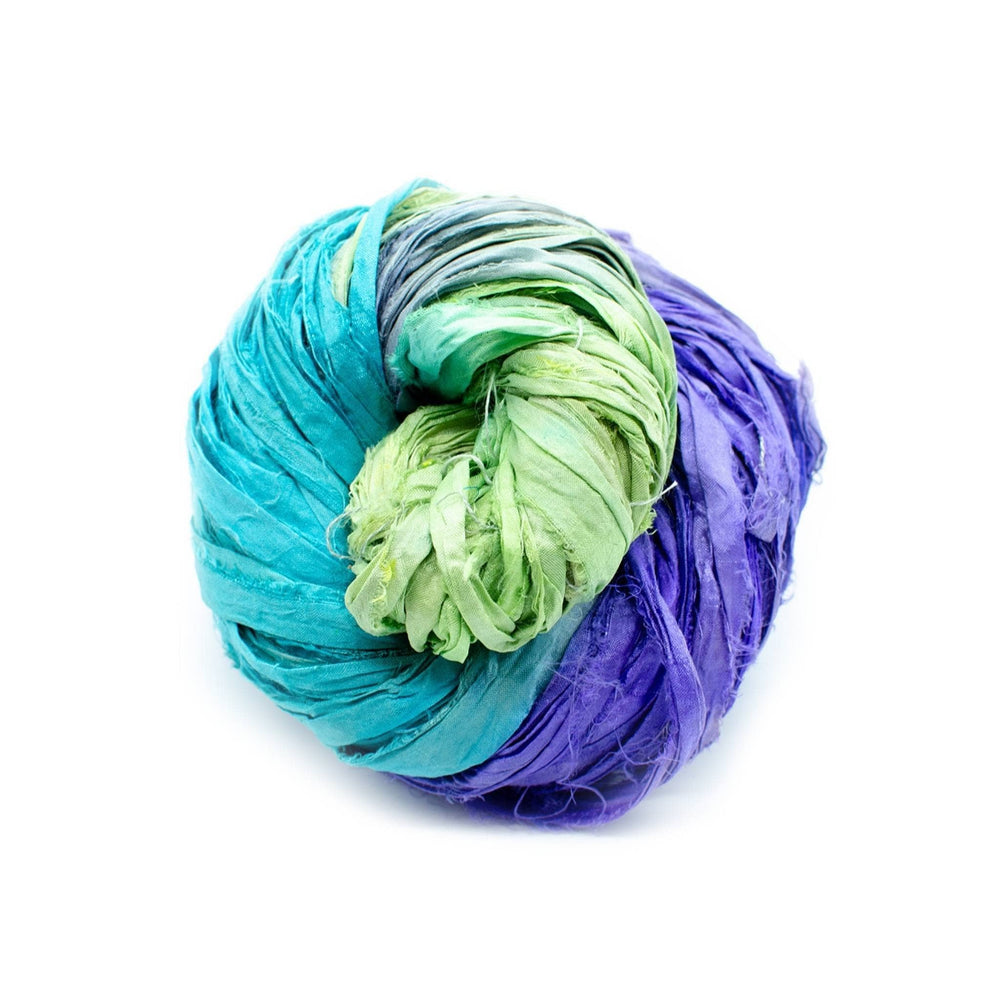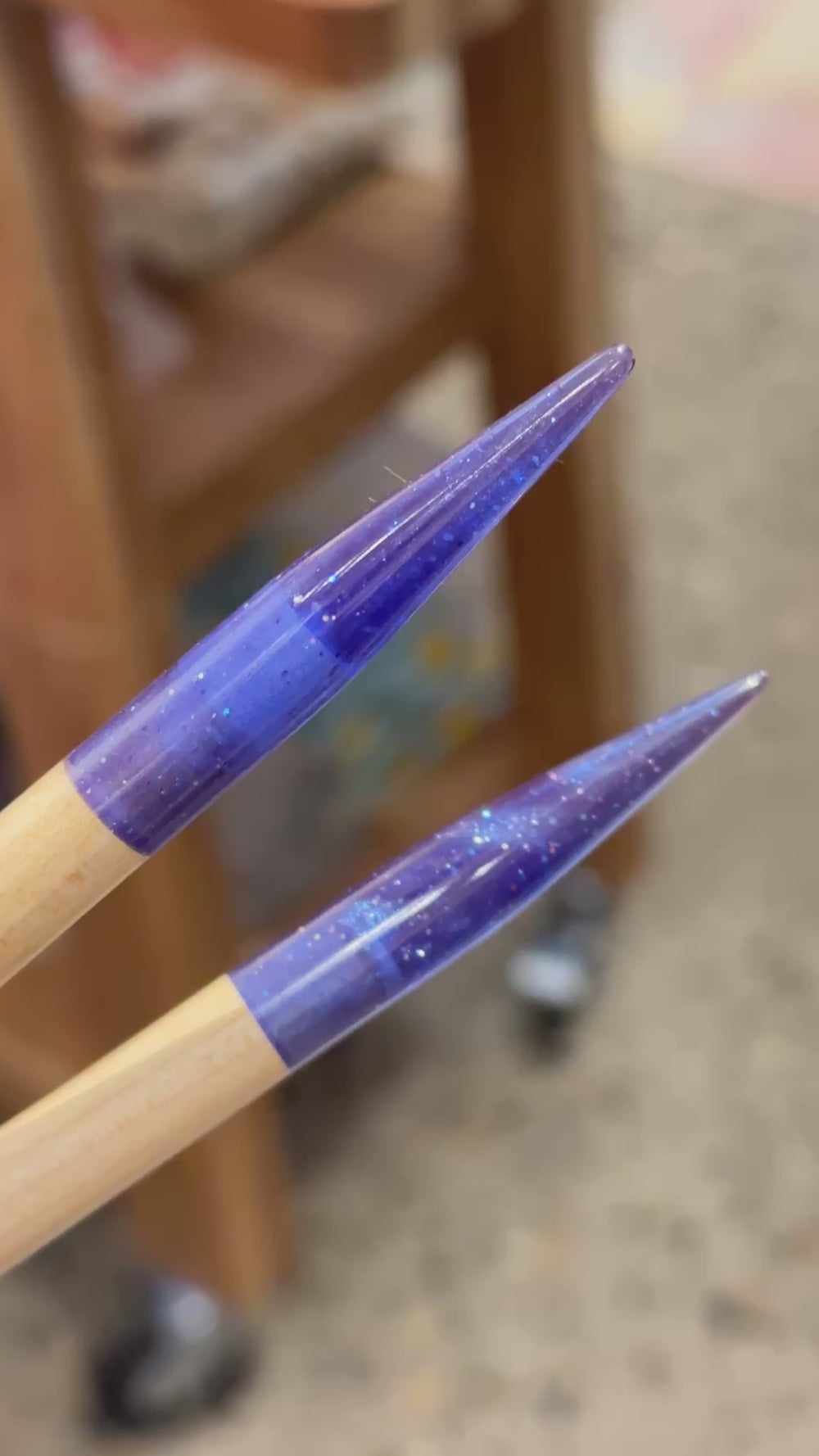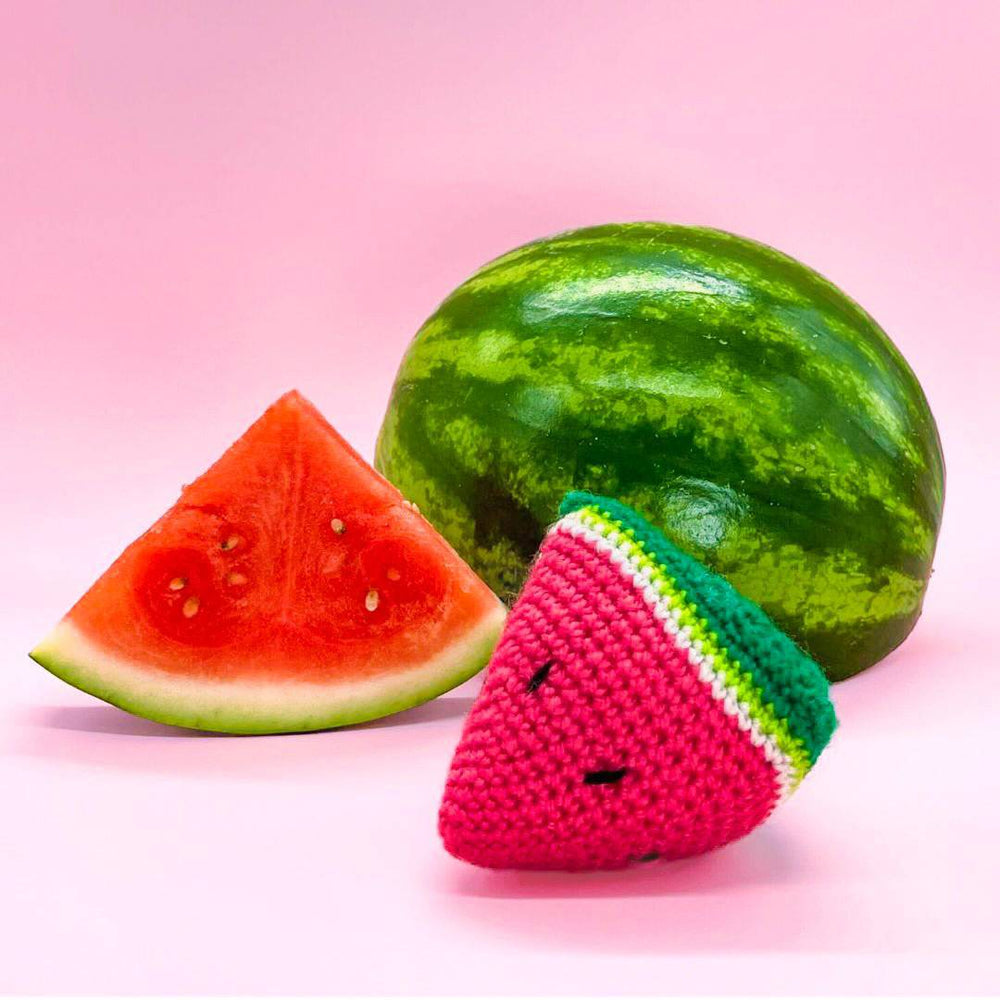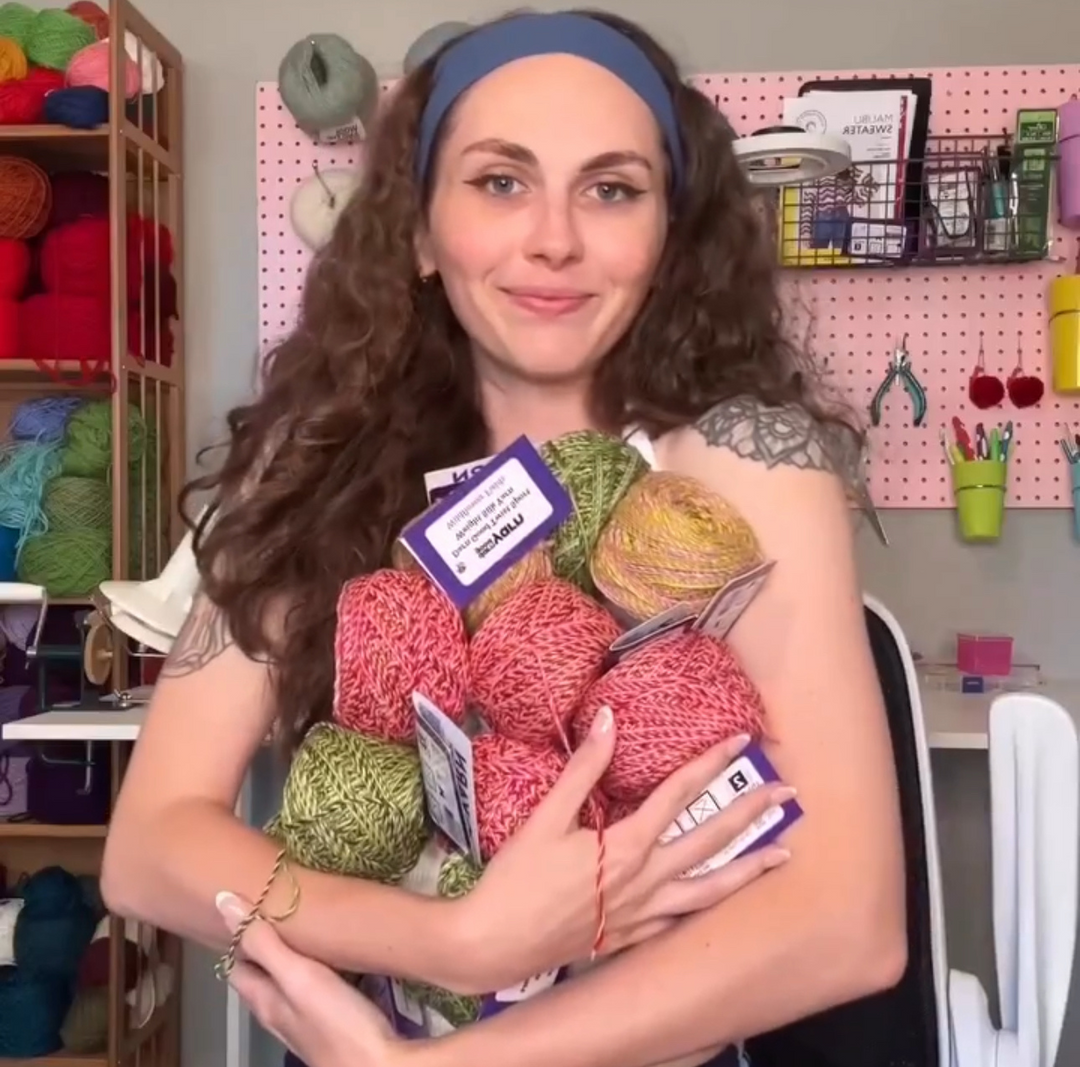Written by Michaela MacBlake Matthews
Imposter syndrome is the feeling of being detached from your accomplishments, or failing to see the value in yourself, where you could easily see it in others. As creatives, we often criticize our work more harshly than others’, but what can we do to soften that habit? Why does it happen?

Idolizing Other Creatives
When we make a project of our own, we spend hours or even days immersed in its details. We know every flaw, and seek out imperfections to tweak before we call it ‘done’. When we look at someone else’s creations, we don’t pay nearly as much attention, or spend as much time continuously focused on that one thing.
It can be easy to forget just how much behind-the-scenes work goes into creating, as when we look at another’s work, we don’t see all of the mistakes they already fixed. We don’t remember the rough drafts, or the moments of frustration. We only get the bliss and joy of the end result. Sometimes, even when we’ve tweaked our own projects to perfection, we still see the steps it took to get there, rather than what the finished piece really is.

Putting Old Projects On A Pedestal
It isn’t just other people’s creations that we idolize, though. For the same reasons, we often tend to glorify our own past works. When we’ve stepped away from the creative process long enough to forget every hangup and improvisation that went into the piece, we have a chance to look at our own creations with a fresh perspective.
Sometimes, we end up feeling like our old work was somehow better than what we can do now. That simply isn’t true! The reality is just that we have a hard time separating the project itself from our own feelings about the time, discipline, and expectations involved in completing it.
Once they’ve had some time to settle in, today’s projects will likely land on next year’s pedestal. It’s just part of the process.
Fear Of The Unknown
Each time we sit down to create, we’re pulling ideas from the whole of not just who we are, but when we are. As people, we’re always in the middle of a season, or some six month ‘thing’. We could be healing an emotional wound, struggling with our diet, or striving to pay off our mortgage early.
Whatever the challenge of this season is, and no matter how well we handle it, there’s usually some negative emotion sifted into the mix. When we enter into a new chapter in our lives, sometimes we can become afraid of letting this new, temporary ‘ick’ seep into our projects. We might tell ourselves that we’ll just wait until things clear up, and pick it back up when we can do our best work. We’ll do it when we feel more creative… when we can focus.
And again, imposter syndrome has reared its ugly head. The truth? Look back on the best things you’ve ever created, and the time you spent working on them. You might instantly remember who you were at that moment, but try to think of when you were. Chances are, you were going through something then, too. The only difference is that now, it’s long since passed, and you’re able to see it from a sense of resolution.

The Sneaky Subconscious
While we’re creating, we open up our minds to free associations, and break free from the constant categorization of the frontal cortex. In the moment, this is a peaceful, even blissful experience! However, once the moment has passed, we often struggle to fully remember what it’s like, or even how we got there to begin with.
This brain state is akin to being wonderfully lost, and by nature, it isn’t marked on our mental maps. So, when we sit down to create, even after years of producing crafts of all sorts, it’s common to feel like we have absolutely no idea what we’re doing. Once we get started, ideas tend to multiply themselves in the uncharted waters of imagination, and then sure enough, we’ll snap out of it to say… ‘Oh, uh, yeah… I just sort of ran with it.’
How Do You Get Rid Of Creative Imposter Syndrome?
Let Yourself Be Whole
Try not to do too much categorizing, if you can avoid it. See yourself as the whole person that you are, including that one time you focused on color, and that other time it was all designed around the texture. Open yourself up to being a series of books with chapters and pages, and don’t worry too much about the individual words.Remember, the single piece in front of you does not define your creativity or your skill as a whole.
Be Aware
In some sense, you’ll just have to tell your analytical brain to chill out, and trust the rest of you to do that elusive making-stuff-thing without its input. Try to have some faith in the reliability of randomness to spark creations!
The creative process is kind of like falling asleep: You definitely know how to do it, and yet you only do it by accident.
 "Mac" is on the Lifestyle Team here at Darn Good Yarn, and loves taking a ‘teach a man to fish’ approach to creative therapy. She is certified in neuro-linguistic programming, and is also the surreal artist and author behind Surrealismac.
"Mac" is on the Lifestyle Team here at Darn Good Yarn, and loves taking a ‘teach a man to fish’ approach to creative therapy. She is certified in neuro-linguistic programming, and is also the surreal artist and author behind Surrealismac.
 Rewards
Rewards




















